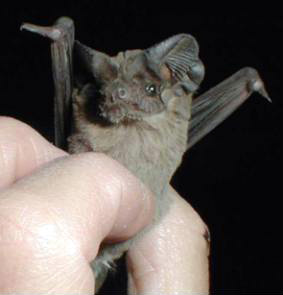Mexican free-tailed bats are here!
If you are lucky enough to live in South Texas the Bracken Maternity Bat Colony, located in the vicinity of Garden Ridge, is home to 15-20 million female bats.
This colony is the largest assemblage of non-human mammals on earth. This cave houses only female bats and their offspring, the males reside elsewhere. Male colonies typically are referred to as bachelor colonies. Every night these bats fly to Corpus Christi and back, feeding on insects the whole way. Located to the south of the cave there are cotton fields. Fortunately for the farmers, the bats feed on the cotton moths that ruin their cotton crops.
There are more species of bats worldwide than any other mammal, with one exception: rodents. People often refer to bats as rats with wings. But that couldn’t be any further from the truth. Bats are highly beneficial as they’re diet consists of insects, so they keep those populations under control. I would not want to live in south Texas without bats — just think of the mosquitoes alone!
Bats also play a substantial role in pollination. Some 500 species of plants are pollinated by these mammals. They don’t have the beak of a hummingbird, but they do have long, rolled-up tongues that help them perform the same action. The birds and bees are busy doing their job during the day and the bats take over for the night shift.
Because bats have poor eye sight they rely on something called echolocation to navigate and locate food. Kind of like sonar, they create a series of high pitched sounds — some bats create a clicking sound with their tongue — and measure the time interval between each sound to create an echo. Some moths can sense that they are being echolocated on, so they go limp and drop from the sky so they won’t be eaten.
Bats are the only mammals capable of true flight. I know what you’re thinking, how about the flying squirrel? They like to think they’re flying, but they’re merely gliding.


